Google at 15: from the garage to Glass
The world's most important tech company celebrates a milestone birthday
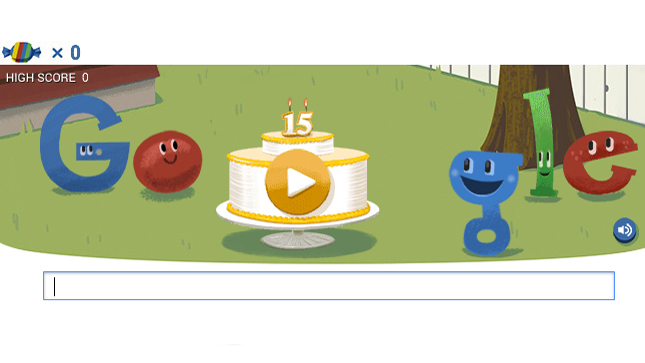
Sign up for breaking news, reviews, opinion, top tech deals, and more.
You are now subscribed
Your newsletter sign-up was successful
As Larry Page and Sergey Brin celebrate Google's 15th birthday today, even they must be pinching themselves at the thought of just how far their company has come.
Google permeates our everyday digital lives in a way many thought unimaginable, even when its humble web indexing algorithm became a verb used in common speech around a decade ago.
This is us, but the format will be familiar to many: before 10am this morning we'd checked Gmail, watched a YouTube clip, accessed a Google Drive document, checked the location of a gig venue on Google Maps, amended our Google Calendar and put some last-minute research into this very article using Google Search.
All on a tablet running, you guessed it, the Google Android OS.
Make no mistake, Google as we know it today is arguably the world's most important and influential company. How, after just 15 years, did it reach such stratospheric heights? Grab a slice of birthday cake and relax as we explain.
When Sergey met Larry
It all started back in 1995 when prospective Stanford University PhD student Sergey Brin encountered computer science scholar Larry Page on a campus visit. According to Google's own website, the pair fondly recall how they disagreed about practically everything they discussed that day.
In 1996 the pair began collaborating on Page's 'BackRub' search engine, which by August that year had indexed 75 million URLs and eventually became too big for Stanford's servers to handle.
Sign up for breaking news, reviews, opinion, top tech deals, and more.
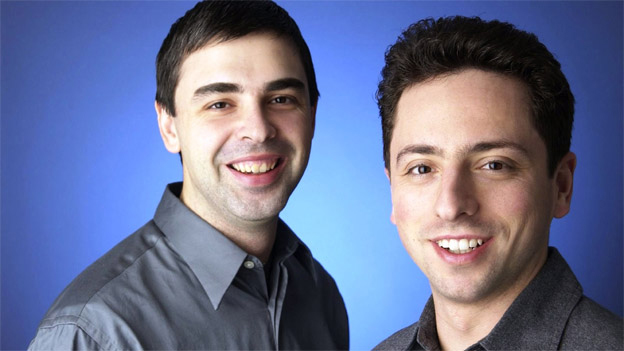
BackRub became Google (a play on the mathematical term Googol meaning 1 and 100 zeros), the pair garnered some investment, moved into a friend's garage and, on September 4 1998, the company was officially incorporated in California.
The company's name was inspired by its desire to organise the infinity of the web in a logical way and from an early stage it seemed Sergey and Larry's secretive algorithms had a leg up on the competition.
By the end of 1999 it had gained massive investment from Sequoia Capital, moved to Mountain View, got a dog and hired a chef. A year later it was pulling April fools pranks, launching in 10 new languages and becoming Yahoo's default search provider.
Perhaps more importantly, though, the company began selling ads based around search keywords. It was the fruitfulness of this venture - where competitors floundered - that gave Google the financial clout to expand beyond search.
Broadening its scope and going public
The hire of Eric Schmidt as chairman and then CEO of the company in 2001, allowed Page and Brin to focus their attentions on broadening the company's product offerings. By this time, Google Search was indexing over 3 billion pages on the web and had established dominance. 'Google it' was slowly becoming the default term for search.
So the company launched Google News, an aggregator that initially served up 4,000 news sources, and Google Labs, a place where web users could try out experimental tech developed in the company's R&D department like voice controlled search, keyboard shortcuts and browser toolbars.
In 2003, it acquired Pyra Labs, the creators of Blogger. In 2004, it launched Gmail, powered by Google Search and bought Keyhole, which would eventually become Google Earth.
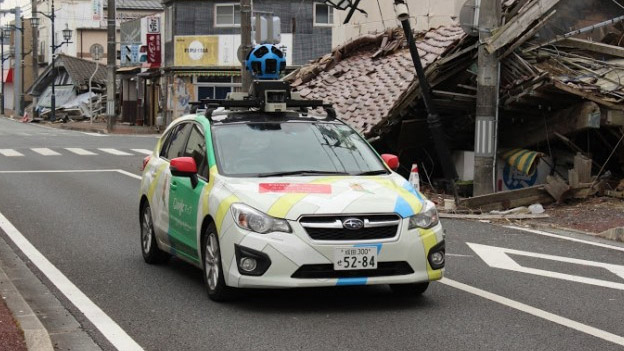
A year later it launched Google Maps, soon adding satellite imagery and step-by-step directions, as well as Gtalk and the now dearly departed RSS reader Google Reader. Calendar, Picasa and Documents (following the acquisition of web-based word processing firm Writely) arrived in 2006, Street View arrived to complement Google Maps in 2007 and the Chrome web browser made its debut in 2008.
Google's suite of apps was growing
Naturally, a hugely significant landmark was its heavily-hyped stock market floatation in 2004, by which time the company had commandeered 85 per cent of all web searches.
With its IPO Google secured a value of $27 billion, making Larry and Sergey very rich men indeed. Believe it or not, some thought the company had been overvalued based on Yahoo and Microsoft's ongoing efforts to build rival search engines.
With the cash flowing in from Wall Street in 2006, Google moved for its largest acquisition to date by snapping up the YouTube video-sharing site for $1.65 billion in stock and began selling ads on videos.
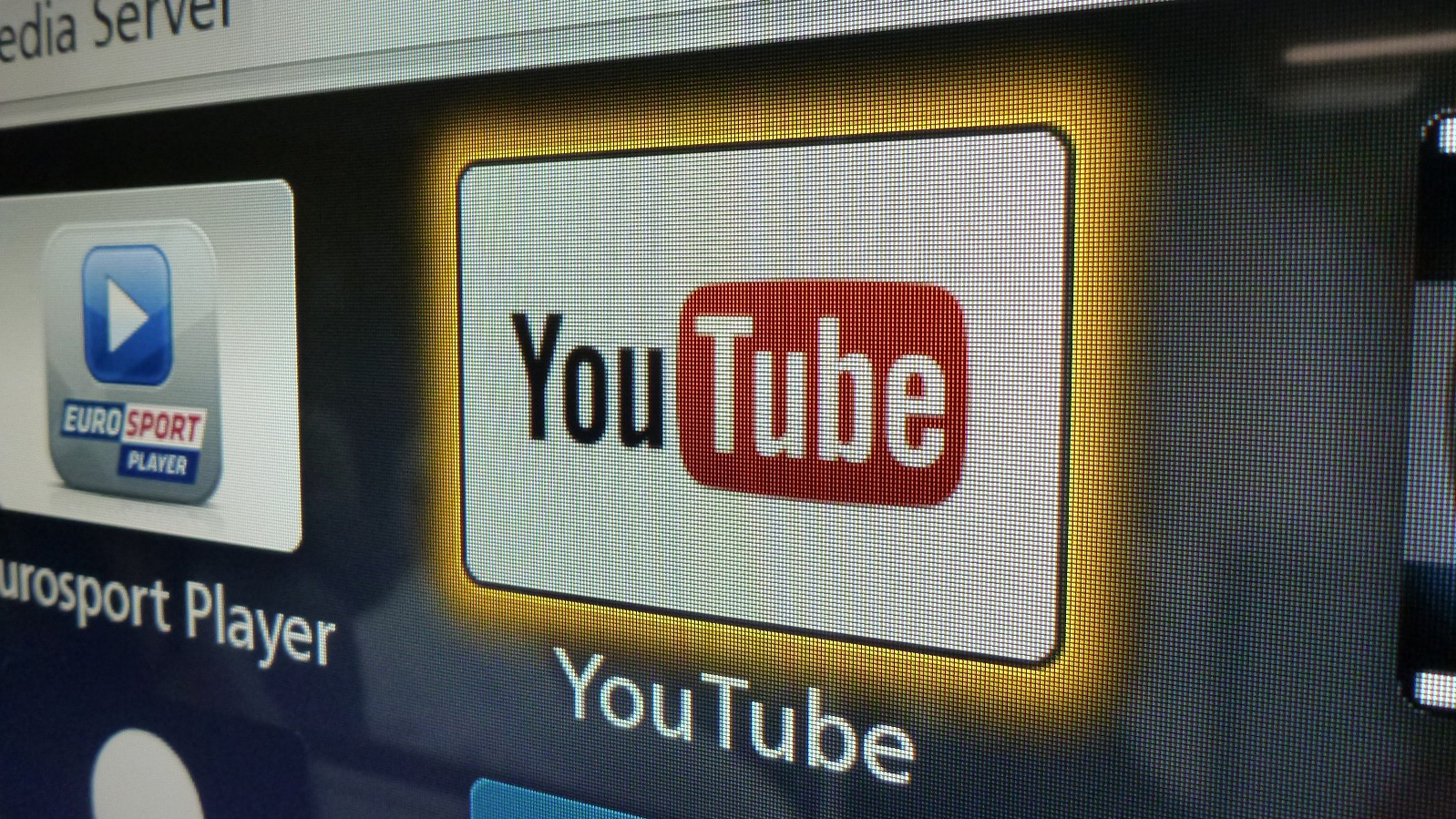
Since then, Google has continued to cherry pick companies and start-ups with fervent regularity. Over the last year it averaged one acquisition a week, with notable examples including Motorola's mobile unit ($12.5 billion), smartwatch manufacturer WIMM and community sourced navigation application Waze for the small matter of $1.3 billion.
Android revolution
Getting all its ducks in a row on the web allowed Google to line-up an assault on the mobile world with the Android operating system, which has undoubtedly proved to be the company's biggest success outside of search.
Set up in 2003 by Andy Rubin and co, Android was acquired by Google in 2005 and pitched as an open source operating system for a new breed of smartphone devices.
It'd be another three years before the first devices would emerge (we'll always have a soft spot for the HTC T-Mobile G1 and especially the follow up HTC Hero), setting the industry on a path to the Android / iOS duopoly as Symbian, Windows Phone and BlackBerry fell by the wayside.
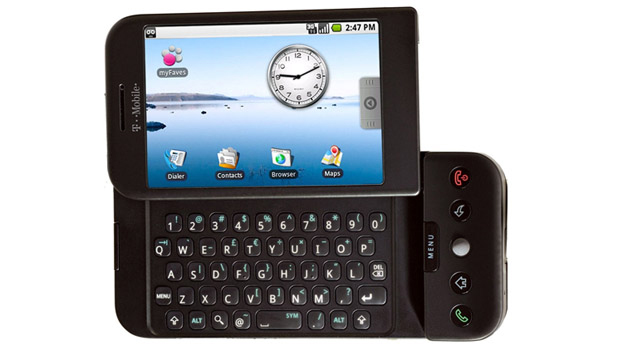
The arrival of Android and its subsequent success through eager manufacturers like HTC, Motorola, Samsung and LG may have ruined Google's cosy relationship with Apple - Steve Jobs threatened to go "thermonuclear" on Android and accusing Google of "wholesale ripping off" iOS - but by this point it didn't matter.
Google had made itself indispensable to iPhone users, while regular dessert-themed software updates (you'll see statues of each strewn across the front lawn at Mountain View) continued to push Android towards fulfilling its potential. Custom skins from its manufacturing partners also provided innovative new twists and nuances.
During the early days of the Android era, Google launched its first piece of branded hardware, the Nexus One made by HTC.
The buggy device proved a bit of a disaster with Google selling through its own fledgling store, rather than through networks, meaning limited customer support for buyers. Google learned a valuable lesson and devices like the Nexus 4 smartphone and Nexus 7 tablets have proved huge hits.
Smartphone dominance (globally, it currently boasts around 80 per cent of the market) and its increasing tablet share has allowed Google to push itself as an all-things-to-all-people entertainment content company too.
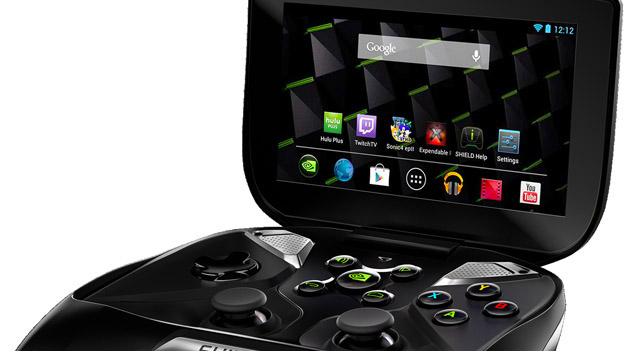
There are even dedicated games consoles like Ouya and the Nvidia Shield running Android, while smartwatches, televisions and cameras boasting Google's software are becoming more and more prominent.
Next up? Google Glass, but more on that later.
A technology journalist, writer and videographer of many magazines and websites including T3, Gadget Magazine and TechRadar.com. He specializes in applications for smartphones, tablets and handheld devices, with bylines also at The Guardian, WIRED, Trusted Reviews and Wareable. Chris is also the podcast host for The Liverpool Way. As well as tech and football, Chris is a pop-punk fan and enjoys the art of wrasslin'.
